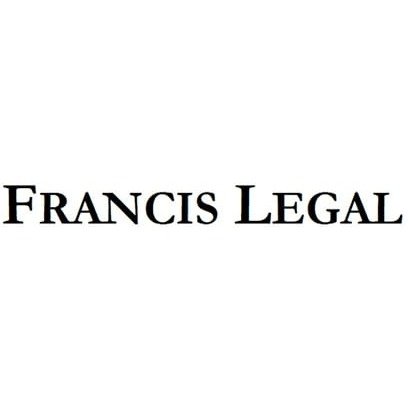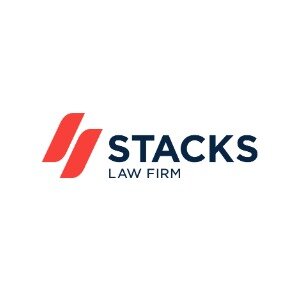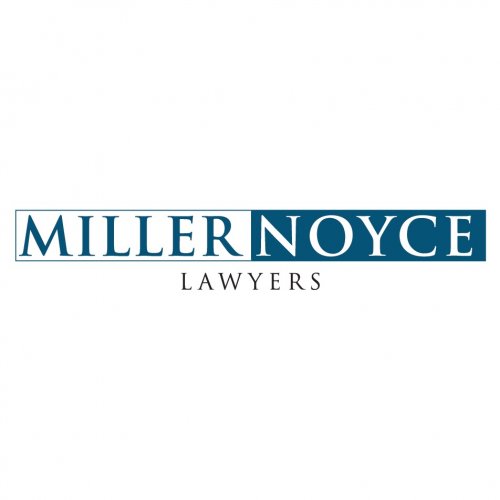Best Elder Law Lawyers in Hornsby
Share your needs with us, get contacted by law firms.
Free. Takes 2 min.
List of the best lawyers in Hornsby, Australia
About Elder Law in Hornsby, Australia
Elder Law in Hornsby, Australia, involves legal issues related to aging including retirement planning, care planning, guardianship, power of attorney, estate planning, and protection against elder abuse, discrimination, and fraud. The rights and regulations that lay the foundation of Elder Law in Hornsby are mainly the same as in the rest of Australia, governed by state and federal laws.
Why You May Need a Lawyer
People may need a lawyer specializing in Elder Law for a variety of reasons. These could include assistance in drawing up wills and trusts, putting in place arrangements for power of attorney or guardianship, addressing elder abuse, planning for long-term care or retirement, understanding seniors' rights, or navigating the complex system of aged care legislation. A lawyer can also provide crucial advice and guidance in decisions related to pensions, health care, housing, and other issues affecting seniors.
Local Laws Overview
As it pertains to Elder Law, Hornsby like the rest of New South Wales (NSW), is regulated by the NSW Trustee and Guardian Act 2009, the Protected Estates Act 1983, and the Mental Health Act 2007 among others. The Age Discrimination Act 2004 protects against age discrimination in many areas of public life, and the Aged Care Act 1997 details the rules and regulations around the provision of aged care services. The laws relating to wills, trusts and estates are covered under the Succession Act 2006 and Property Law Act 1974.
Frequently Asked Questions
What is elder abuse and what can I do if I suspect it?
Elder abuse can involve physical, psychological, financial, or social abuse of older people. If you suspect elder abuse, you should seek professional legal advice. In Australia, you can also report it to the Elder Abuse Prevention Unit.
What is a power of attorney?
A power of attorney is a legal document that allows someone to act on your behalf in legal and financial matters if you are unable to do so yourself.
Does elder law cover issues related to retirement homes and long-term care facilities?
Yes, elder law covers issues involving retirement homes and long-term care facilities, including contracts, residents' rights, and quality of care matters.
Is an elder law attorney the same as an estate planning attorney?
While there is overlap, an elder law attorney typically covers more ground. They deal with other issues such as health care, long-term care planning, guardianship, retirement, Social Security, and more. An estate planning attorney helps with wills and trusts.
What should I bring to my first meeting with an elder law attorney?
It's helpful to bring any documents related to your assets (like property deeds or financial statements), wills, health care documents, and any information about long-term care insurance. Each case is unique, so it's a good idea to ask your attorney what you should bring prior to the meeting.
Additional Resources
Some of the many resources in Hornsby, Australia that can be helpful are the NSW Elder Abuse Helpline and Resource Unit, the Older Persons' Legal and Education Program run by Seniors Rights Service, and the Aged-care Rights Service. The Australian Human Rights Commission can also offer information regarding age discrimination issues. Always remember to consult a legal professional if you are dealing with complex legal issues.
Next Steps
If you or a loved one are dealing with complex legal issues related to aging, the first step is to seek professional legal advice. Look for a lawyer who specializes in Elder Law-they should have experience handling cases similar to yours. It is also beneficial to seek help from local organizations that specialize in aiding the elderly, as they can often provide important resources and information.
Lawzana helps you find the best lawyers and law firms in Hornsby through a curated and pre-screened list of qualified legal professionals. Our platform offers rankings and detailed profiles of attorneys and law firms, allowing you to compare based on practice areas, including Elder Law, experience, and client feedback.
Each profile includes a description of the firm's areas of practice, client reviews, team members and partners, year of establishment, spoken languages, office locations, contact information, social media presence, and any published articles or resources. Most firms on our platform speak English and are experienced in both local and international legal matters.
Get a quote from top-rated law firms in Hornsby, Australia — quickly, securely, and without unnecessary hassle.
Disclaimer:
The information provided on this page is for general informational purposes only and does not constitute legal advice. While we strive to ensure the accuracy and relevance of the content, legal information may change over time, and interpretations of the law can vary. You should always consult with a qualified legal professional for advice specific to your situation.
We disclaim all liability for actions taken or not taken based on the content of this page. If you believe any information is incorrect or outdated, please contact us, and we will review and update it where appropriate.











